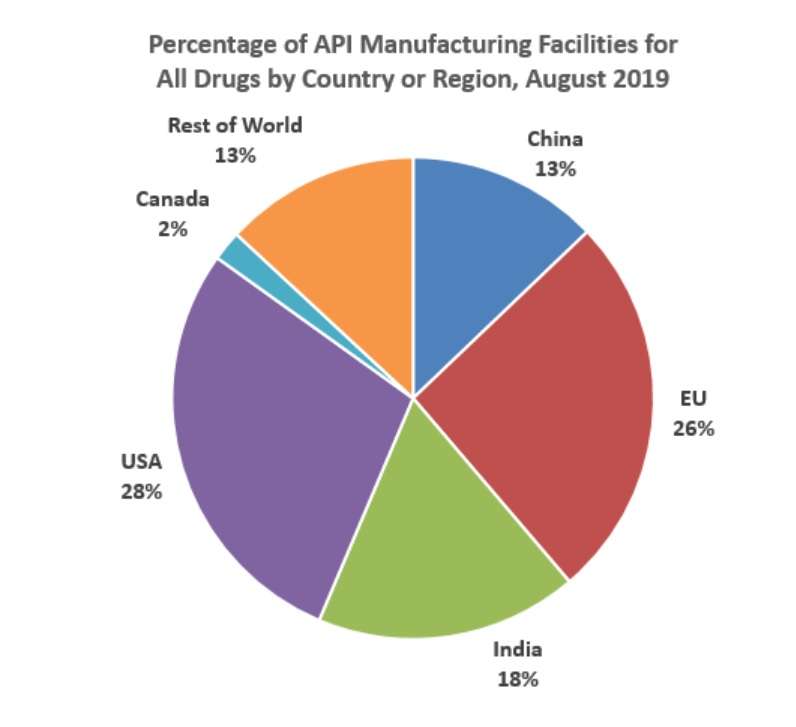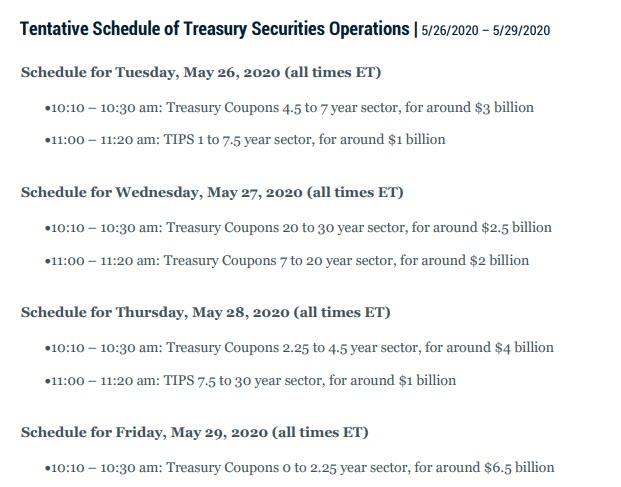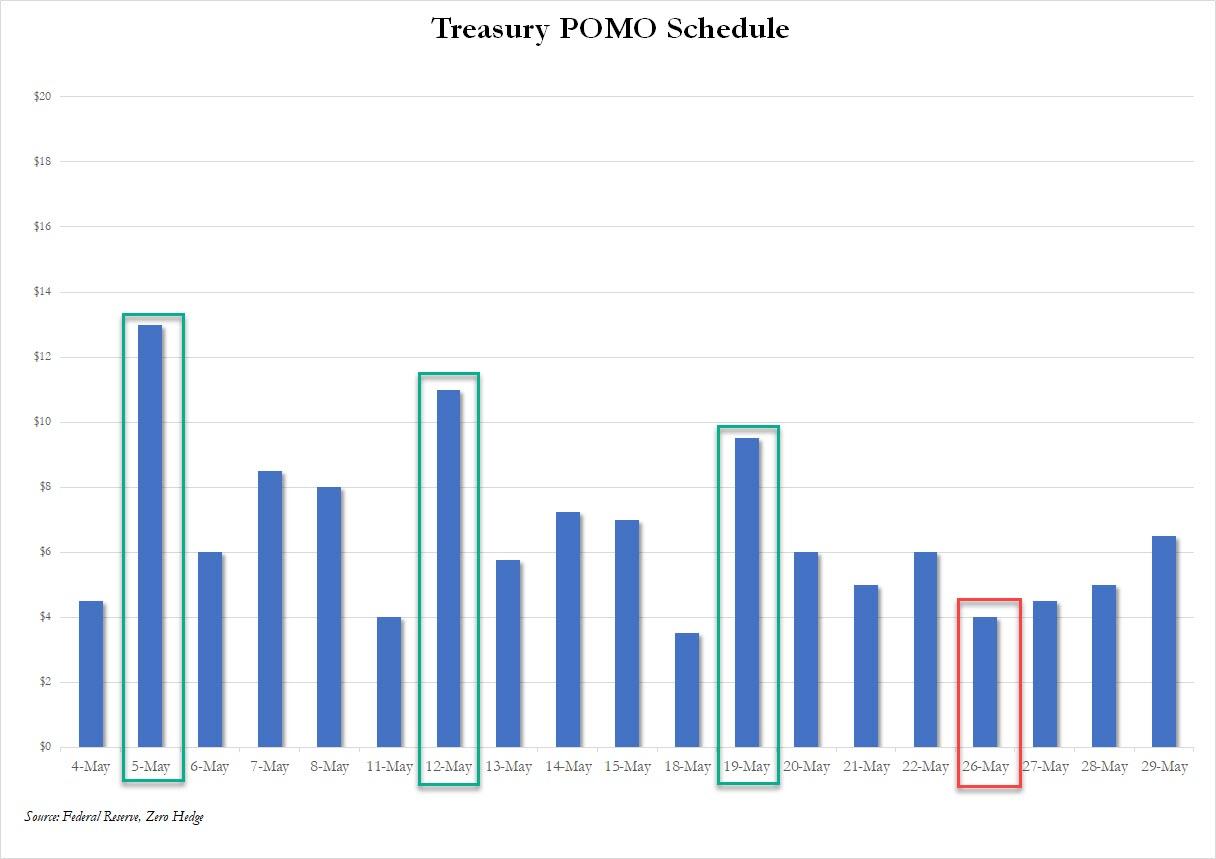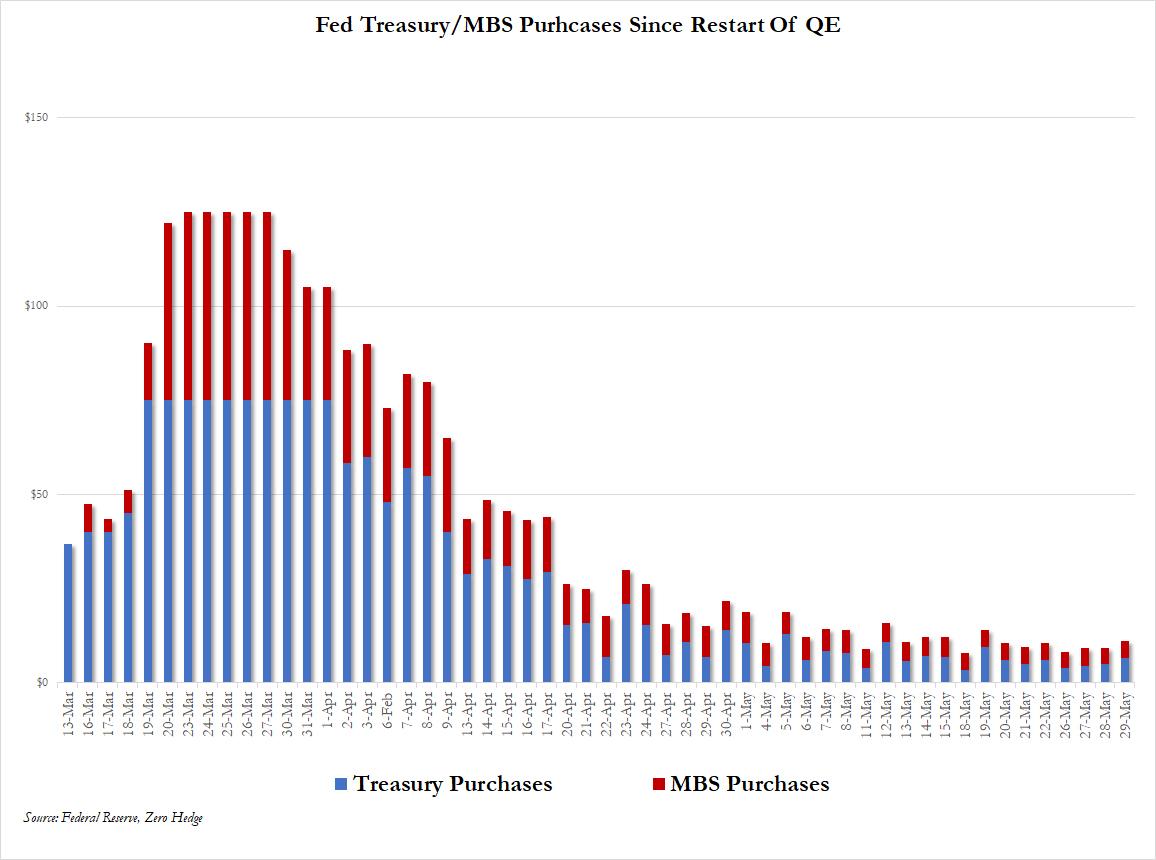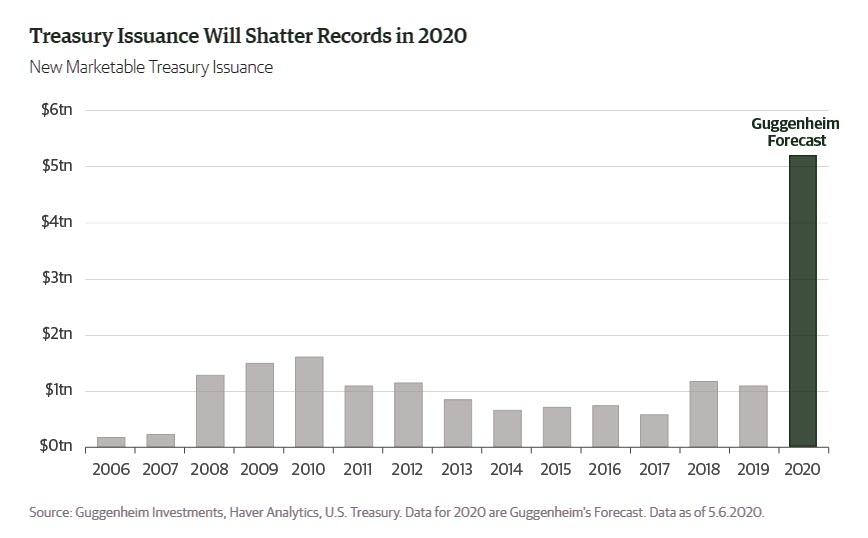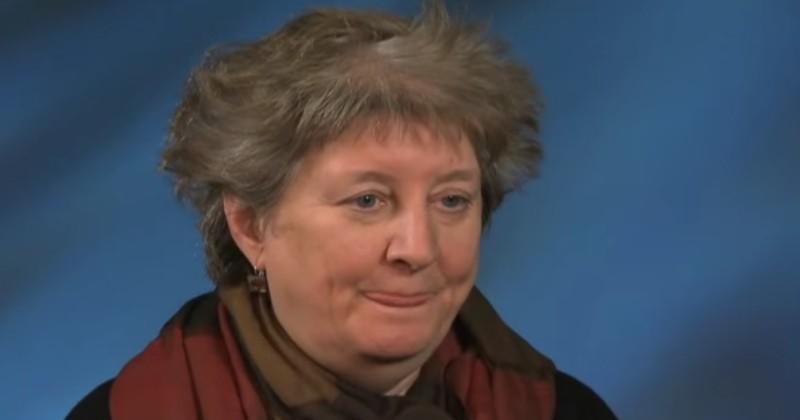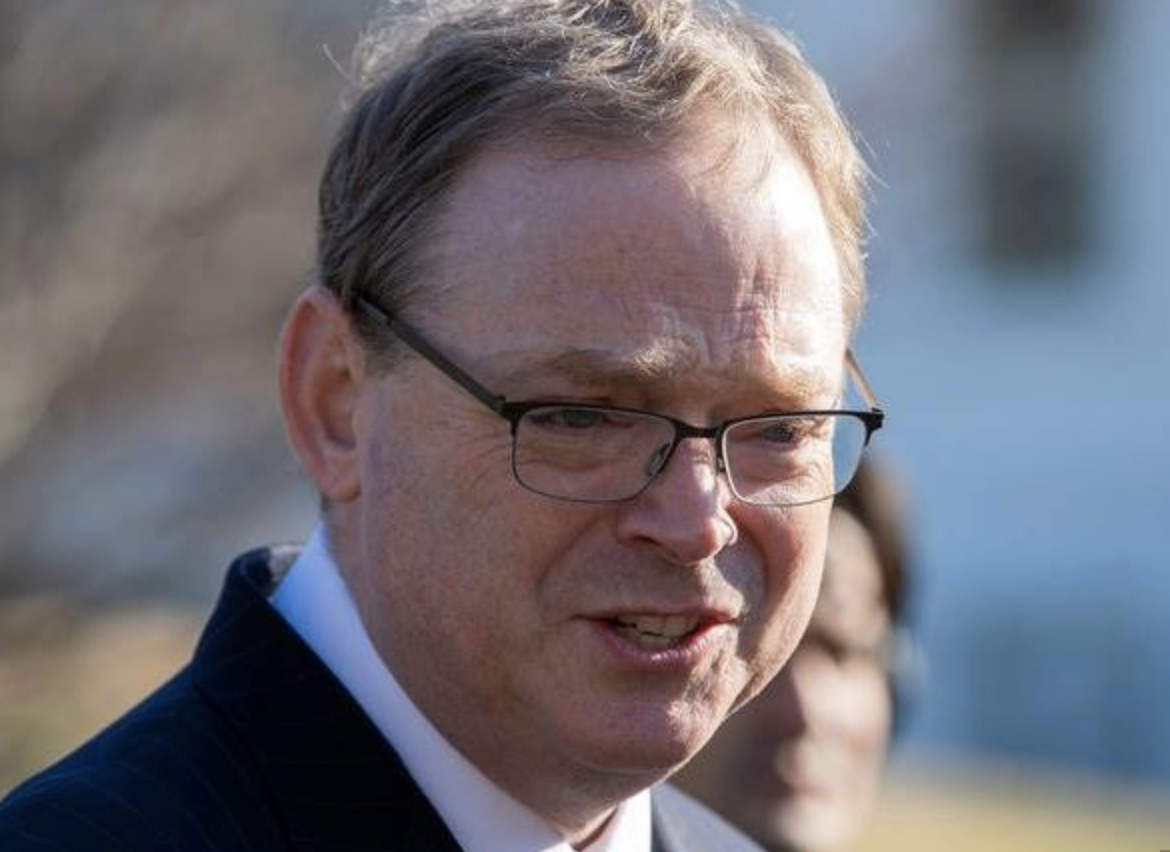Introduction
Plaintiffs Sandra D. Rodríguez-Cotto and Rafelli González-Cotto move for a preliminary injunction against two provisions of the Law of the Puerto Rico Department of Public Safety, both of which make it a crime to share false information about emergency conditions in Puerto Rico. The first challenged provision, 25 L.P.R.A. § 3654(a), makes it a crime to raise a false alarm about an impending emergency or catastrophe in Puerto Rico or to “spread[] rumors or rais[e] false alarms regarding nonexisting abnormalities” during an emergency. The second challenged provision, 25 L.P.R.A. § 3654(f), makes it a crime to transmit, or allow another person to transmit, “false information” about “any proclamation or executive order decreeing a state of emergency or disaster or curfew” with the intent to cause “confusion, panic, or collective public hysteria.”
The Challenged Provisions violate the constitutional rights to free speech, a free press, and due process. First, the Challenged Provisions criminalize a substantial amount of core speech on matters of immense public concern, in violation of the First Amendment. Although they ostensibly apply only to false information about emergency conditions in Puerto Rico, they do not require the government to demonstrate that the defendant published the information with actual malice—i.e., that the defendant knew the speech to be false or acted with reckless disregard as to falsity. Without this essential safeguard, the Challenged Provisions may be used to prosecute reporters and other members of the public for inadvertent inaccuracies or even for true speech that casts the government and its officials in a negative light, as Puerto Rico’s former criminal defamation law was used to prosecute reporters who exposed police misconduct. Mangual v. Rotger-Sabat, 317 F.3d 45 (1st Cir. 2003).
Second, even if the Challenged Provisions were limited to deliberately false speech about emergency conditions in Puerto Rico, they would still violate the First Amendment because they impose a content-based restriction on speech about matters of public concern. As the Supreme Court recognized in United States v. Alvarez, 567 U.S. 709 (2012), even deliberately false speech is protected by the First Amendment under most circumstances. At the very least, content-based restrictions on false but otherwise protected speech about matters of public concern must endure the most stringent judicial scrutiny. That is because allowing the government to serve as the arbiter of truth on such vitally important topics, even with the protections of an actual malice requirement, presents an unacceptable risk of suppressing truthful speech.
Here, the Challenged Provisions cannot possibly satisfy strict (or even intermediate) scrutiny, because they are not appropriately tailored to any overriding government interest. There is no evidence that so-called fake news about emergency conditions in Puerto Rico creates significant risks to public health or public order. But even if there were, government transparency would be the appropriate remedy, not government censorship.
Finally, the Challenged Provisions violate the Fourteenth Amendment’s Due Process Clause because they are too vague for criminal restrictions on speech. It is impossible to determine what constitutes a “non-existing abnormality” under 25 L.P.R.A. § 3654(a) or an intent to cause “confusion” under 25 L.P.R.A. § 3654(f). These terms are so capacious they could conceivably apply to any speech related to emergency conditions in Puerto Rico during the COVID-19 public health crisis, which effectively means almost all newsworthy speech. The vagueness inherent in these terms not only fails to provide Plaintiffs and others with adequate notice about what types of false speech are prohibited, it also gives law enforcement officials virtually untethered discretion in deciding whom to prosecute. The obvious danger, under such circumstances, is that the Challenged Provisions will be used to selectively prosecute those who criticize the government and its officials….
Factual Background …
[Section 3654(a)] was recently invoked to prosecute a pastor for spreading allegedly false information about government emergency orders on the messaging platform WhatsApp. {Alex Cancel, Ante FBI el mensaje falso que causó alarma por WhatsApp, El Nuevo Día, Mar. 23, 2020.}… [T]he government accused Pastor José Luis Rivera Santiago of violating 25 L.P.R.A. § 3654(a) by disseminating false information on the messaging platform WhatsApp about a rumored executive emergency order to close all businesses. The government alleged that Pastor Rivera Santiago’s speech resulted in a rush on the supermarkets. In fact, however, Governor Vázquez did eventually announce an executive order closing almost all businesses in Puerto Rico over Easter weekend, which itself caused a run on the grocery stores. On May 7, police confirmed that charges against the pastor had been dismissed by the Court of San Juan for lack of probable cause. Pastor Rivera Santiago’s prosecution alerted Plaintiffs, and other members of the press, about the dangers of being prosecuted under the fake news laws….
[A.] The Challenged Provisions Are Substantially Overbroad.
First, the Challenged Provisions are facially deficient because they do not require the government to demonstrate that the defendant published with actual malice…. The Challenged Provisions suffer from the same fundamental defect as the criminal defamation law struck down in Mangual. They do not require the government to demonstrate that the defendant either knew the information to be false or acted with reckless disregard as to falsity.
In other words, the Challenged Provisions authorize the government to prosecute people for inadvertent inaccuracies or speech that the government deems to be false. The absence of an actual malice requirement would be fatal in any criminal law restricting speech on matters of public concern, but it is especially pernicious in a law regulating speech about emergencies. By their very nature, emergencies are time-sensitive, factually complex, and politically contentious. Laws that make it a crime to share false information in an emergency, without requiring the government to demonstrate that the speaker acted with actual malice, are guaranteed to chill reporting and commentary that does not toe the government’s official line—which can have disastrous consequences if the government’s official line turns out to be wrong, as it was during the controversy over the death toll caused by Hurricane Maria.
Although 25 L.P.R.A. § 3654(f) requires the government to demonstrate that the defendant intended to cause “confusion, panic, or public hysteria,” this nebulous intent standard is not a legitimate substitute for an actual malice requirement. First, any speech criticizing emergency measures the government deems necessary or important will likely be viewed by the government as motivated by the illicit desire to cause “confusion, panic, or public hysteria.” See Garrison, 379 U.S. at 74 (noting that, in many criminal defamation cases, it will be “almost impossible to show freedom from ill-will or selfish political motives”). Putting that aside, “utterances honestly believed contribute to the free interchange of ideas and the ascertainment of truth,” regardless of whether they are spoken with benign or illicit intent. Garrison, 379 U.S. at 73. Confusion, panic, and even public hysteria may be natural responses to news about a public emergency or the government’s response to that emergency. But the public has a right to know what is going on, and journalists have a professional duty to report on matters of public concern, without regard to their personal predictions about how people might react.
Nor can the Challenged Provisions be justified on the ground that false speech about emergency conditions in Puerto Rico creates a “clear and present danger” to public safety. See Schenck v. United States, 249 U.S. 47, 52 (1919). “[T]he clear and present danger of Schenck v. United States, 249 U.S. 47 (1919), has evolved into the modern incitement rule of Brandenburg
- Ohio, 395 U.S. 444 (1969).” Denver Area Educ. Telecommunications Consortium, Inc. v.
F.C.C., 518 U.S. 727, 778 (1996) (parallel citations omitted). As a result, it is now well established that “the mere tendency of speech to encourage unlawful acts is not a sufficient reason for banning it.” Ashcroft v. Free Speech Coal., 535 U.S. 234, 236 (2002) (citing Stanley v. Georgia, 394 U.S. 557, 566 (1969)).
Speech may be suppressed on the ground that it incites unlawful conduct only where the speech “is directed to inciting or producing imminent lawless action and is likely to incite or produce such action.” Brandenburg, 395 U.S. at 447. But the Challenged Provisions are plainly not limited to incitement. Neither provision requires the government to demonstrate that the defendant’s speech was directed to producing imminent lawless action or that the speech was likely to produce such action. “A statute which fails to draw this distinction impermissibly intrudes upon the freedoms guaranteed by the First and Fourteenth Amendments. It sweeps within its condemnation speech which our Constitution has immunized from governmental control.” Id. at 448.
[B.] The Challenged Provisions Are Unconstitutionally Content Based.
Second, the Challenged Provisions impose content-based restrictions on speech about emergency conditions in Puerto Rico, including the government’s emergency orders. “[A]bove all else, the First Amendment means that government has no power to restrict expression because of its message, its ideas, its subject matter, or its content.” “Government regulation of speech is content based if a law applies to particular speech because of the topic discussed or the idea or message expressed. This commonsense meaning of the phrase ‘content based’ requires a court to consider whether a regulation of speech ‘on its face’ draws distinctions based on the message a speaker conveys.” Reed v. Town of Gilbert, 135 S. Ct. 2218, 2227 (2015) (citations omitted). In other words, a law is facially content based “if it require[s] ‘enforcement authorities’ to ‘examine the content of the message that is conveyed to determine whether’ a violation has occurred.” McCullen v. Coakley, 573 U.S. 464, 479 (2014). Content-based laws are presumptively unconstitutional and are subject to strict judicial scrutiny.
The Challenged Provisions are facially content-based restrictions on speech about public emergencies in Puerto Rico. 25 L.P.R.A. § 3654(a) prohibits raising a false alarm about an impending emergency in Puerto Rico or, if an emergency is already occurring, “spread[ing] rumors or giv[ing] false alarms about non-existing abnormalities.” 25 L.P.R.A. § 3654(f) makes it a crime to share false information about “any proclamation or executive order decreeing a state of emergency or disaster or curfew.” Both provisions require enforcement authorities to examine the content of the offending message to determine whether it constitutes a crime.
As discussed in Section I.A, the Challenged Provisions are in no way limited to deliberately false speech. But even if they were, the Challenged Provisions would still be facially unconstitutional. The Supreme Court plurality in Alvarez held that content-based restrictions on deliberately false speech trigger strict scrutiny, because the government does not have the “authority to compile a list of subjects about which false statements are punishable.” Alvarez, 567 U.S. at 724 (2012) (plurality op.). Although the concurrence and dissent disagreed with the plurality about whether strict scrutiny applies to all content-based restrictions on deliberately false but otherwise speech, the Justices unanimously agreed that content-based restrictions on false speech about “matters of public concern” ordinarily trigger strict scrutiny, because allowing “the state to be the arbiter of truth” on such matters “would present a grave and unacceptable danger of suppressing truthful speech.” Id. at 751-52 (Alito, J., dissenting); accord id. at 731-32 (Breyer, J., concurring). Thus, for example, “the Constitution does not tolerate in any form” the “spectre of prosecutions for libel on government,” regardless of the defendant’s knowledge or intent. Rosenblatt v. Baer, 383 U.S. 75, 81 (1966).
Strict scrutiny requires the government to demonstrate that the restriction is both “necessary to serve a compelling state interest and is narrowly drawn to achieve that end.” In order to demonstrate that a content-based restriction on speech is “actually necessary” to achieve a compelling government interest, the government “must specifically identify an actual problem in need of solving, and the curtailment of free speech must be actually necessary to the solution.” Furthermore, the government’s conclusions must be supported by actual evidence, not “anecdote and supposition.”
The Statement of Motives for Law 35-2020 indicates that 25 L.P.R.A. § 3654(f) was enacted because false speech about government emergency orders “threatens the security of the people and the social order, endangering the health and life of citizens.” This bare conclusion is insufficient to justify a restriction on speech. “The word ‘security’ is a broad, vague generality whose contours should not be invoked to abrogate the fundamental law embodied in the First Amendment.” N.Y. Times Co. v. United States, 403 U.S. 713, 719 (1971) (Black, J., concurring). The Framers of the Constitution, “fully aware of both the need to defend a new nation and the abuses of the English and Colonial Governments, sought to give this new society strength and security by providing that freedom of speech, press, religion, and assembly should not be abridged.”
Furthermore, there are no legislative findings to support the government’s supposition that false speech about emergency conditions in Puerto Rico poses a significant threat to public health and security. Nor is there any evidence that the Challenged Provisions will meaningfully contribute to public wellbeing, or even that they will prevent public confusion. See Alvarez, 567 U.S. at 728 (“[S]uppression of speech by the government can make exposure of falsity more difficult, not less so”).
The Challenged Provisions are also far from the least restrictive means for achieving the government’s stated interests. To satisfy the least restrictive means test, the government must demonstrate that any “plausible, less restrictive alternative would be ineffective” in achieving its compelling goals. “[I]f a less restrictive means is available for the Government to achieve its goals, the Government must use it.”
In this case, there is an obvious less-restrictive alternative at the government’s disposal: counterspeech. Alvarez, 567 U.S. at 727 (“The remedy for speech that is false is speech that is true. This is the ordinary course in a free society.”). For instance, the government could prevent false speech about emergency conditions in Puerto Rico from causing public consternation by holding regular press briefings, releasing pertinent records, and explaining its planned course of action to the public. See id. at 729 (suggesting that, instead of making it a crime to falsely claim the Medal of Honor, the government could establish a public database of Medal of Honor recipients). Government transparency is likely to be much more effective at maintaining public order, and building public trust, than government censorship. Law 35-2020’s legislative findings do nothing to rebut the strong presumption that increased government transparency should be sufficient to prevent public disorder caused by public confusion.
[C.] The Challenged Provisions Are Unconstitutionally Vague.
The Challenged Provisions are also unconstitutionally vague, both on their face and as applied to Plaintiffs, in violation of the Fourteenth Amendment’s Due Process Clause….
First, L.P.R.A.§3654(a) is unconstitutionally vague because it is entirely unclear what the law means when it prohibits sharing false information about “non-existing abnormalities” during a state of emergency or disaster. By definition, states of emergency are almost entirely abnormal. A prohibition against sharing false information about “non-existing abnormalities” during a state of emergency therefore potentially applies to false speech on just about any matter of public concern, from the health of government officials to changes in election procedures to economic forecasts, for as long as the state of emergency lasts.
This all-encompassing standard not only fails to provide adequate notice about what speech is prohibited—for instance, it is unclear whether it applies to disputes about the death toll or the fatality rate—it also makes the statute highly susceptible to discriminatory enforcement. “[T]he pervasiveness of false statements, made for better or for worse motives, made thoughtlessly or deliberately, made with or without accompanying harm, provides a weapon to a government broadly empowered to prosecute falsity without more. And those who are unpopular may fear that the government will use that weapon selectively[.]” Alvarez, 567 U.S. at 734 (Breyer, J., concurring).
Second, L.P.R.A. § 3654(f) is unconstitutionally vague because the statute’s intent requirement is too nebulous to bring it within constitutional bounds. It is unclear what the law means by “confusion,” and the terms “panic” and “public hysteria” are not much clearer as
standards for criminal culpability. Is honest reporting about the government’s deliberations about whether to impose, extend, modify, or lift an emergency order intended to cause confusion if the article reflects a confused and uncertain state of affairs? Is an article intended to cause panic if panic is foreseeable in response to news about an impending shutdown?
Such a nebulous intent requirement, tied to criminal penalties, necessarily compels people “to steer far wider of the unlawful zone … than if the boundaries of the forbidden areas were clearly marked.” In concrete terms, journalists will be reluctant to report unofficial information about the government’s emergency response, because the statute’s intent standard provides no reliable protection against prosecution or conviction.
Conversely, the law effectively empowers police officers and prosecutors to initiate criminal proceedings against any member of the public whose speech includes real or imagined inaccuracies about government emergency orders. The “need to eliminate the impermissible risk of discriminatory enforcement” is especially important with respect to criminal regulations of speech, “for history shows that speech is suppressed when either the speaker or the message is critical of those who enforce the law.” In this case, 25 L.P.R.A. § 3654(f) is expressly directed to speech about the government’s emergency orders. Under these circumstances, concerns about discriminatory enforcement against speakers critical of the government are at their zenith. The law’s sweeping intent standard fails to dispel these concerns.
Even if 25 L.P.R.A. § 3654(f) could be construed to prohibit spreading false information with the intent to cause a breach of the peace, it would still be unconstitutionally vague for the reasons laid down by the Supreme Court in Ashton v. Kentucky, 384 U.S. 195 (1966). There, the Court held that Kentucky’s common law of criminal defamation was unconstitutionally vague, even though it required the government to demonstrate both that the defendant spoke with actual malice and that the statement was “calculated to create disturbances of the peace.” The Court explained that criminalizing statements “‘calculated to create disturbances of the peace’ leaves wide open the standard of responsibility,” because it “involves calculations as to the boiling point of a particular person or a particular group.”
Likewise, 25 L.P.R.A. § 3654(f) requires members of the press to ascertain in advance, on pain of criminal penalty, whether their speech would likely cause confusion, panic, or public hysteria in Puerto Rico. It is not the proper function of the press to make these paternalistic calculations. Rather, it is the press’s duty to inform the public in accordance with standard journalistic practices….
